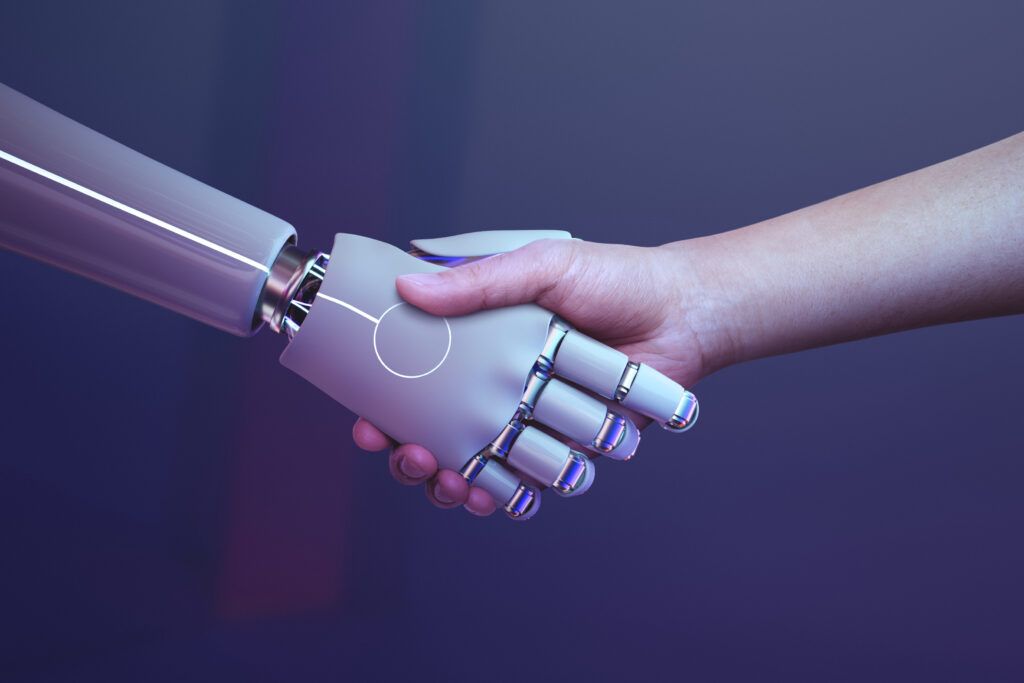
Aishwarya Nair
7 months ago
How Artificial Intelligence is Changing the Reports US Police Write
Artificial intelligence (AI) is revolutionizing the way US police write reports, streamlining processes, enhancing accuracy, and reducing time spent on documentation. AI-powered tools like natural language processing (NLP) and speech recognition allow officers to generate reports by speaking, improving efficiency and minimizing human errors. These tools also ensure consistency in report formatting and can even offer predictive insights based on crime patterns. However, concerns about bias in AI algorithms and data privacy must be addressed as law enforcement continues to integrate AI into daily operations.
Artificial intelligence (AI) is increasingly becoming an integral part of modern law enforcement, changing the way US police departments operate and report incidents. With advanced AI-driven tools, police officers can now generate reports more efficiently, improving both accuracy and speed in documenting cases. As AI technology evolves, it is reshaping law enforcement practices in ways that are both beneficial and, at times, controversial.
In this article, we’ll explore how AI is transforming the way police reports are written, the impact on law enforcement, and the ethical considerations that accompany these changes.

Streamlining Police Report Writing
One of the most significant impacts AI has had on policing is in automating and simplifying report writing. Traditionally, officers would spend hours manually documenting incidents, often leading to delays and human errors. AI-powered tools, such as natural language processing (NLP) and speech recognition, now allow officers to generate detailed, accurate reports by simply speaking into a device. These AI systems can process and structure the spoken input into a well-organized, comprehensive report, saving officers valuable time and minimizing mistakes.
For example, companies like Veritone have developed AI-driven transcription software that law enforcement agencies can use to streamline report generation. The software can capture conversations, interview recordings, or field notes and quickly convert them into text. This allows officers to focus more on investigative work and community engagement rather than paperwork.
Enhanced Accuracy and Consistency
AI tools can also improve the consistency and accuracy of police reports. By analyzing patterns and ensuring that specific information is captured in a standardized format, AI reduces discrepancies and ensures that reports are aligned with departmental guidelines. This uniformity helps in both internal reviews and court proceedings, where consistency in reporting is crucial.
In some instances, AI systems are designed to flag inconsistencies or missing information in a report, prompting officers to fill in gaps or provide more details before submitting the final version. This ensures that all relevant information is documented properly, minimizing the risk of misinterpretation or oversight.
AI in Predictive Reporting
Another notable development in AI-powered policing is the ability of some systems to predict potential incidents based on past data. AI algorithms can analyze crime patterns and suggest preventive actions in reports, helping law enforcement agencies make better decisions. For instance, if a neighborhood has a history of burglaries, AI could flag this in a report and recommend increased patrols or community awareness campaigns.
By incorporating predictive analytics into the reporting process, police departments can adopt more proactive measures and potentially prevent future crimes. However, this also raises concerns about biased algorithms and the risk of over-policing certain communities.
Ethical Considerations and Concerns
While AI technology offers several benefits, it also comes with ethical concerns. Critics argue that relying too heavily on AI in police reporting may introduce biases inherent in the algorithms used to generate or analyze reports. Studies have shown that AI systems trained on biased data can disproportionately target minority groups, leading to skewed enforcement efforts.
Furthermore, there are concerns about data privacy, as AI systems often require access to large amounts of sensitive data to function effectively. Law enforcement agencies must balance the need for improved efficiency with the responsibility to protect citizens’ personal information.

The Future of AI in Law Enforcement
As AI continues to develop, its role in law enforcement will likely expand. Automated systems could evolve to include real-time report generation during incidents, predictive crime prevention, and even more advanced tools for analyzing and documenting evidence.
In conclusion, AI is transforming the way US police officers write reports, making the process faster, more accurate, and more consistent. While there are clear advantages, law enforcement must navigate the ethical challenges that come with integrating AI into their workflows. Striking the right balance between innovation and responsibility will be key as AI becomes more deeply embedded in police practices across the country. Read more.